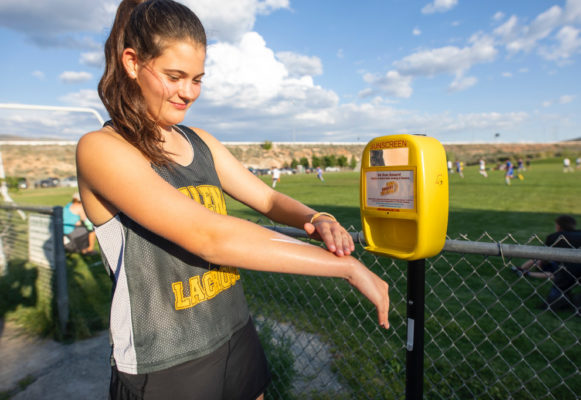SEBORRHEIC KERATOSIS
Home » MEDICAL »
Seborrheic keratosis is a skin growth that appears in adulthood. Although they may be large and grow quickly, they are benign. They are not caused by sun damage so they can be found in areas that are also usually covered by clothing. Seborrheic keratosis tends to be genetic. Initially, they appear as slightly raised, light brown spots and evolve into darker, thicker lesions with rough, warty surfaces.
Typically, doctors can diagnose seborrheic keratoses just by looking at them. If there is any uncertainty about it being cancerous, they will likely take a biopsy (remove a small part of it) and examine it under a microscope. The risk of developing these lesions increases with old age and a family history of developing them. Though they are not directly caused by sun damage and are often found in areas that are usually covered by clothing, there may be a link between levels of sun exposure and seborrheic keratosis.
Seborrheic Keratosis Symptoms
According to Mayo Clinic, seborrheic keratosis:
- Ranges in color from light tan to brown or black
- Is round or has an oval shape
- Is flat or slightly raised with a scaly surface
- Ranges in size from very small to more than one inch across
- May itch
Seborrheic Keratosis Treatment
These are generally harmless, and there aren’t many treatments beyond removing them. Some people choose to have them removed if the growths become unsightly or itchy, or become irritated from rubbing against clothing.
Removal methods include cryotherapy, shave biopsy, laser surgery, curettage, and cautery. After removal, a new one will not reform in its place. The skin may appear a bit lighter but should gradually return to its natural tone.
Who is Most Likely to Get it?
Family history may mean you’re more likely to get seborrheic keratosis. The likelihood of it increases as you age, with many people getting it above age 50.
You can schedule an appointment to get your seborrheic keratoses examined by a Skin Cancer & Dermatology Institute Providers in one of our Greater Reno-Tahoe area locations.












